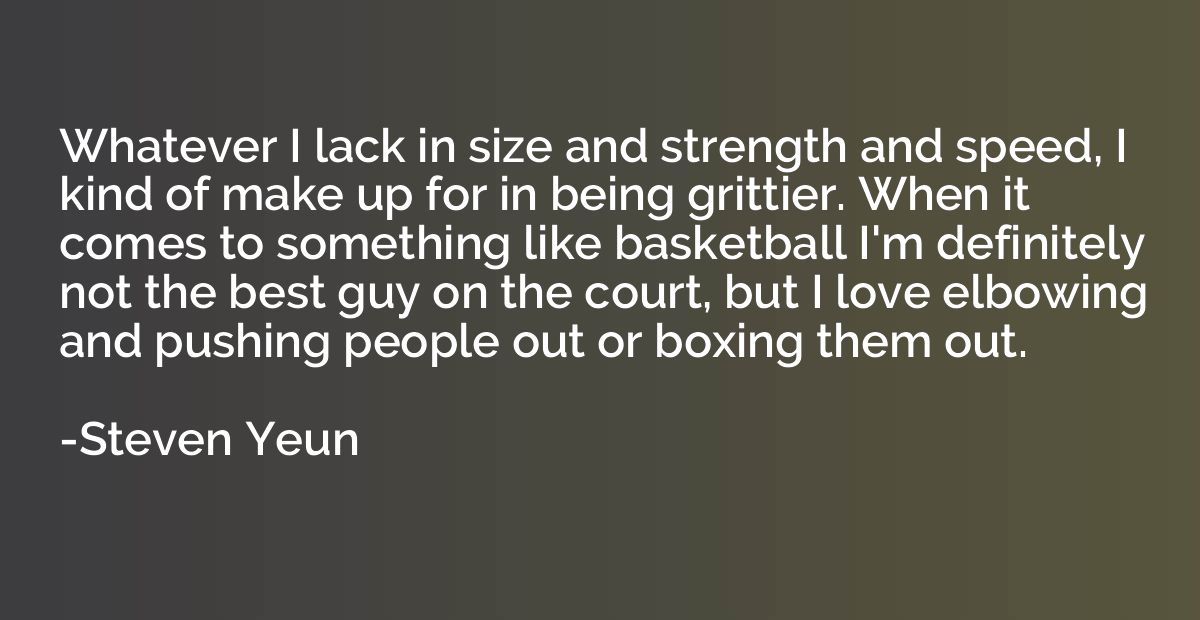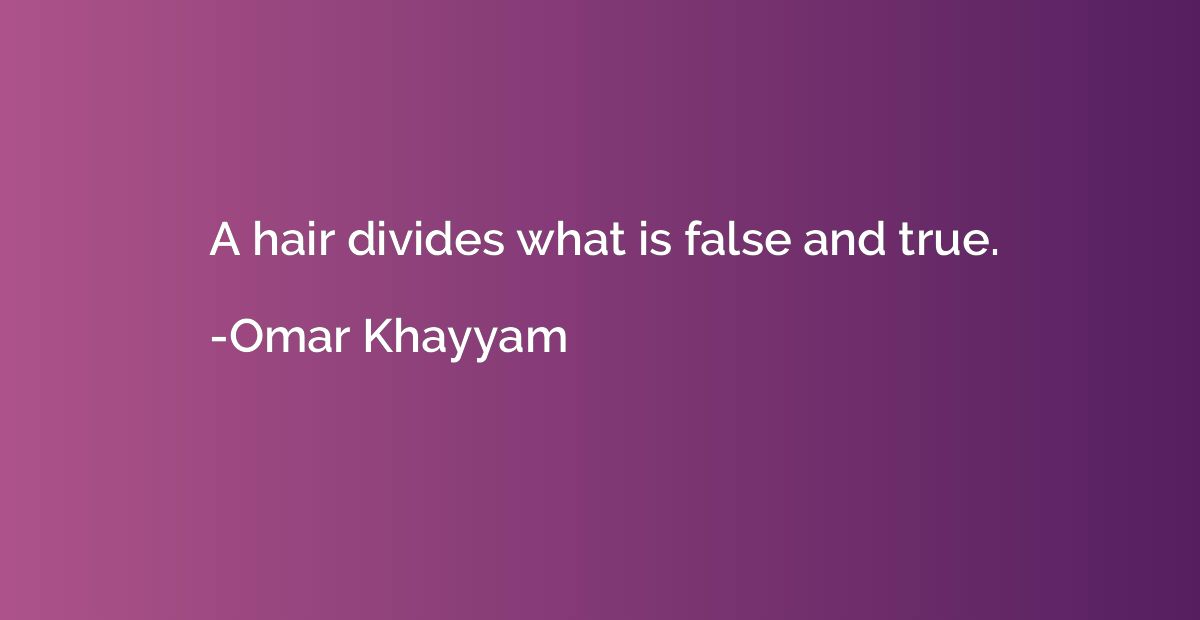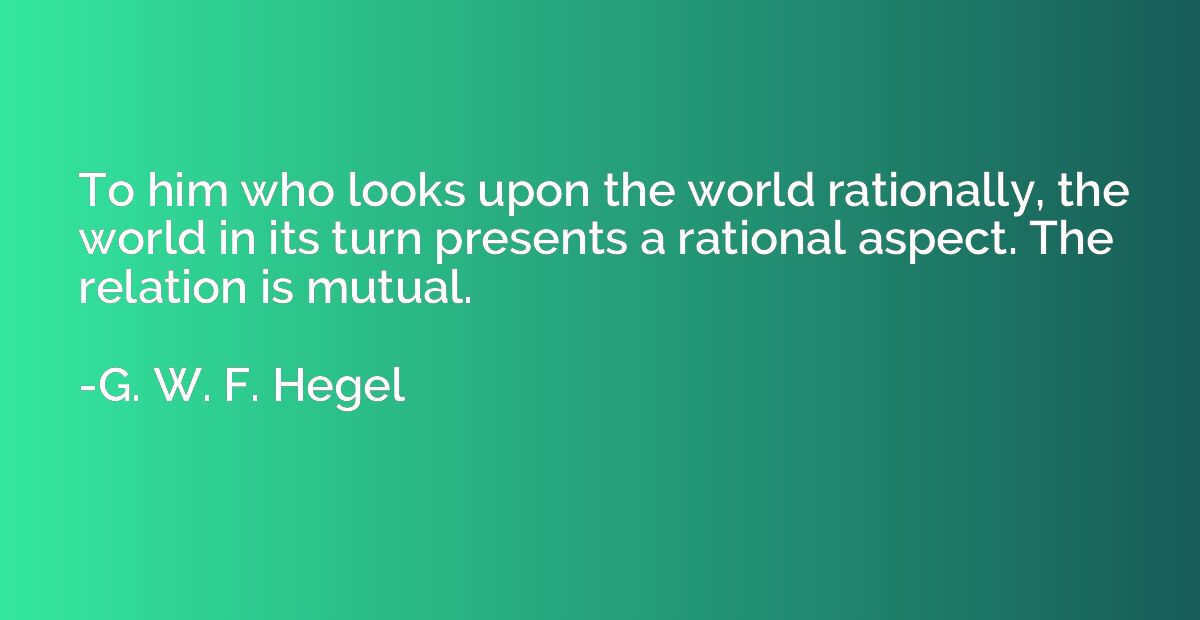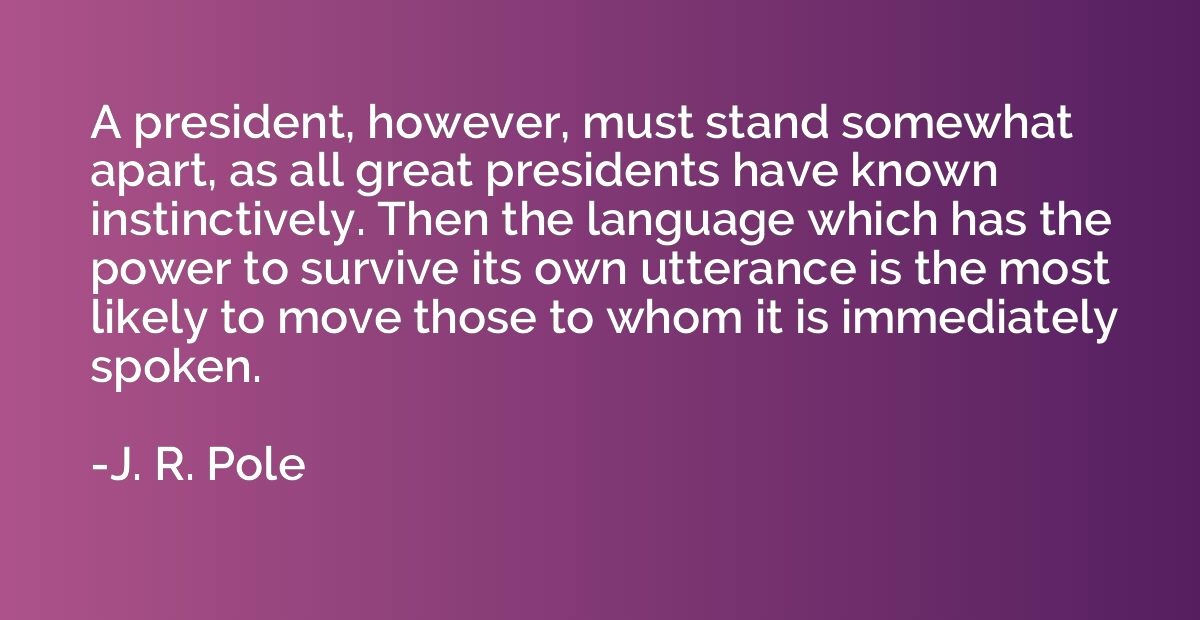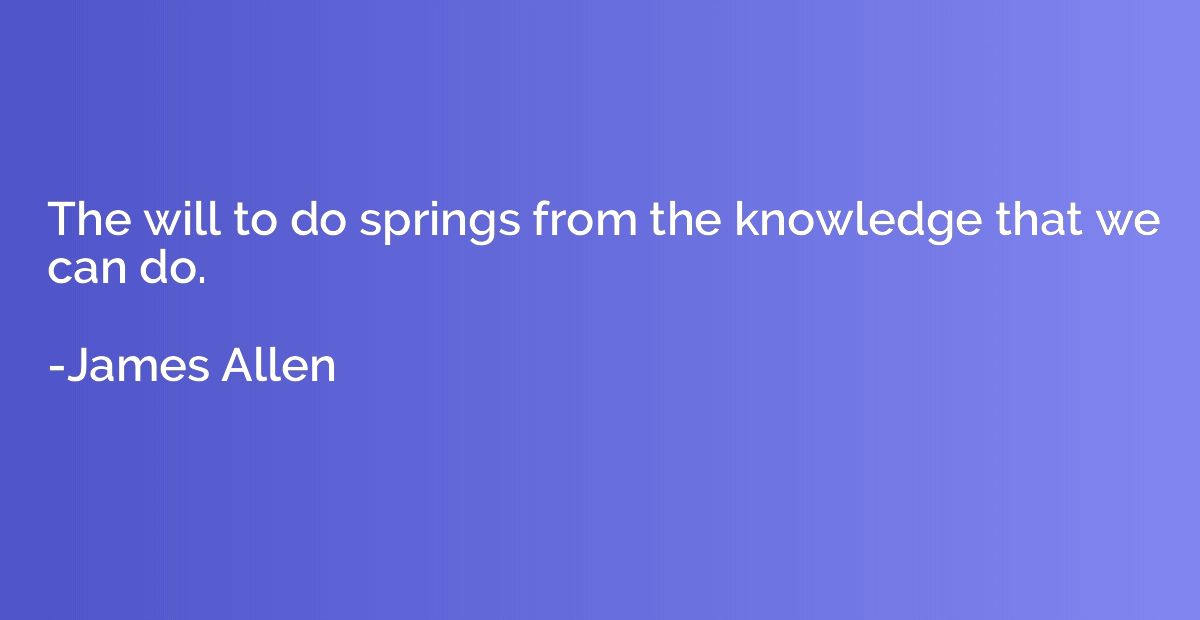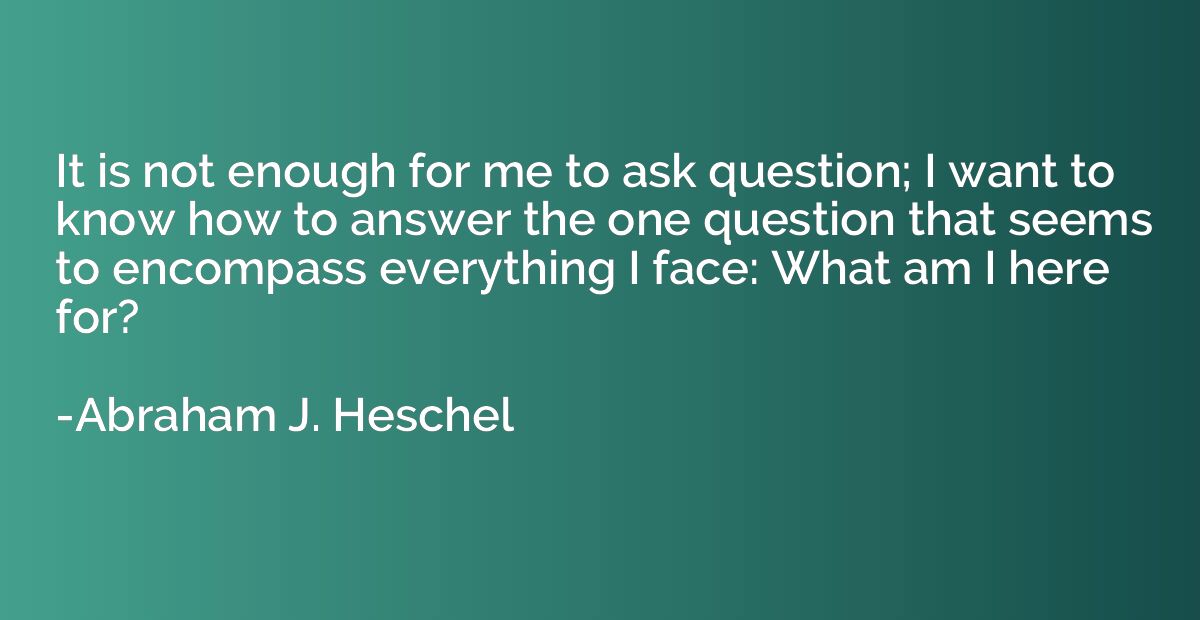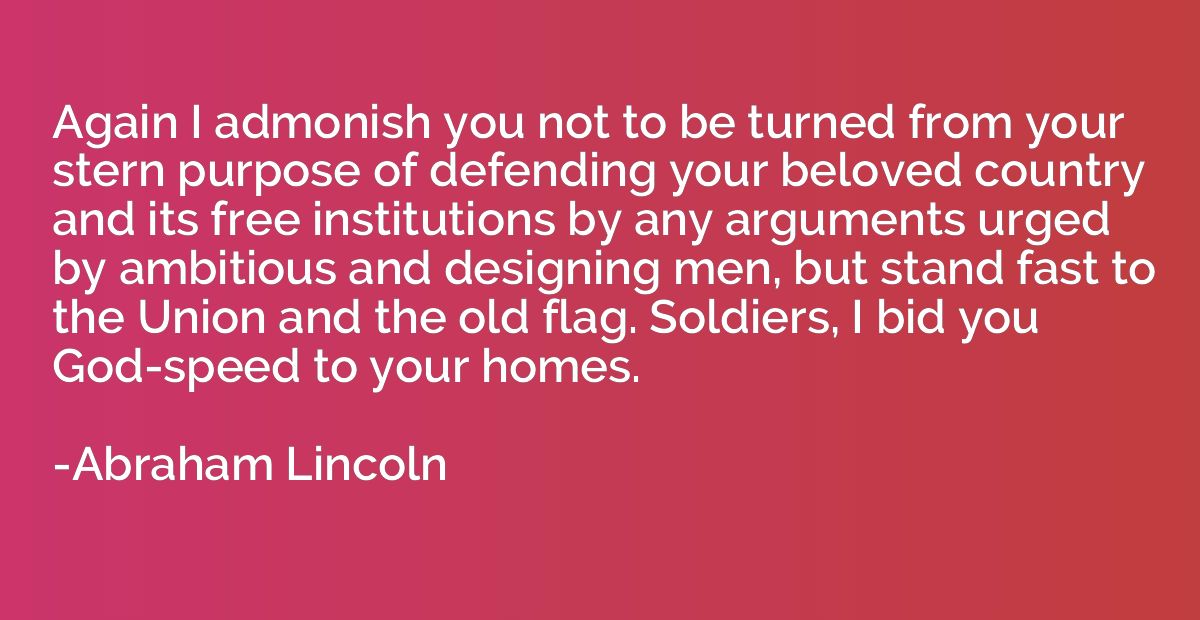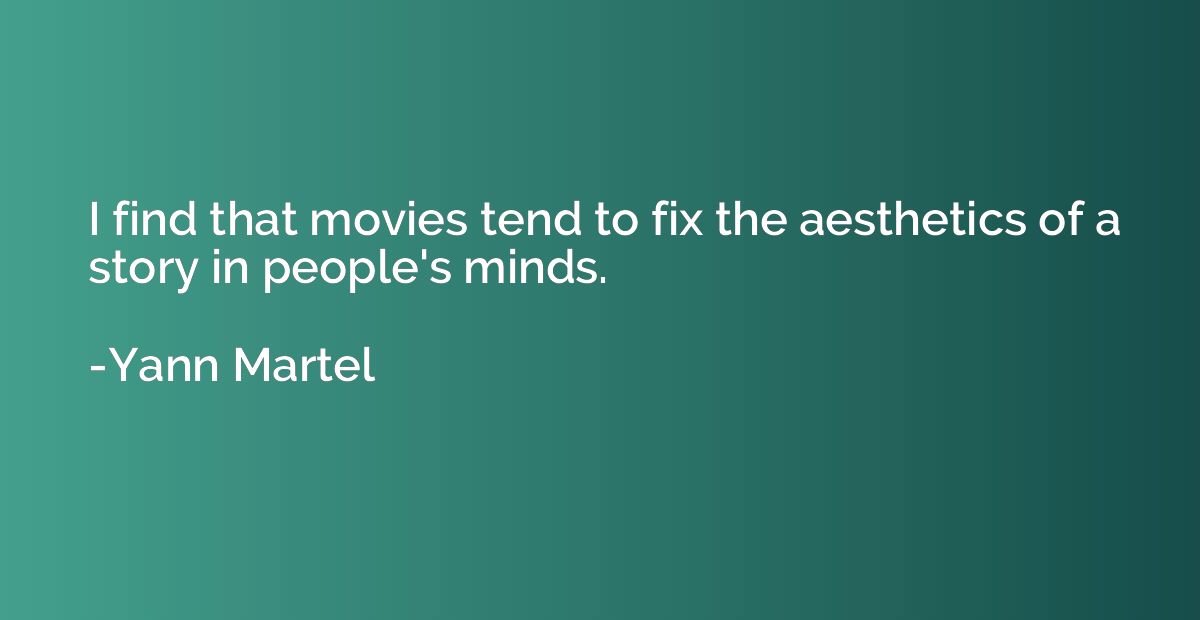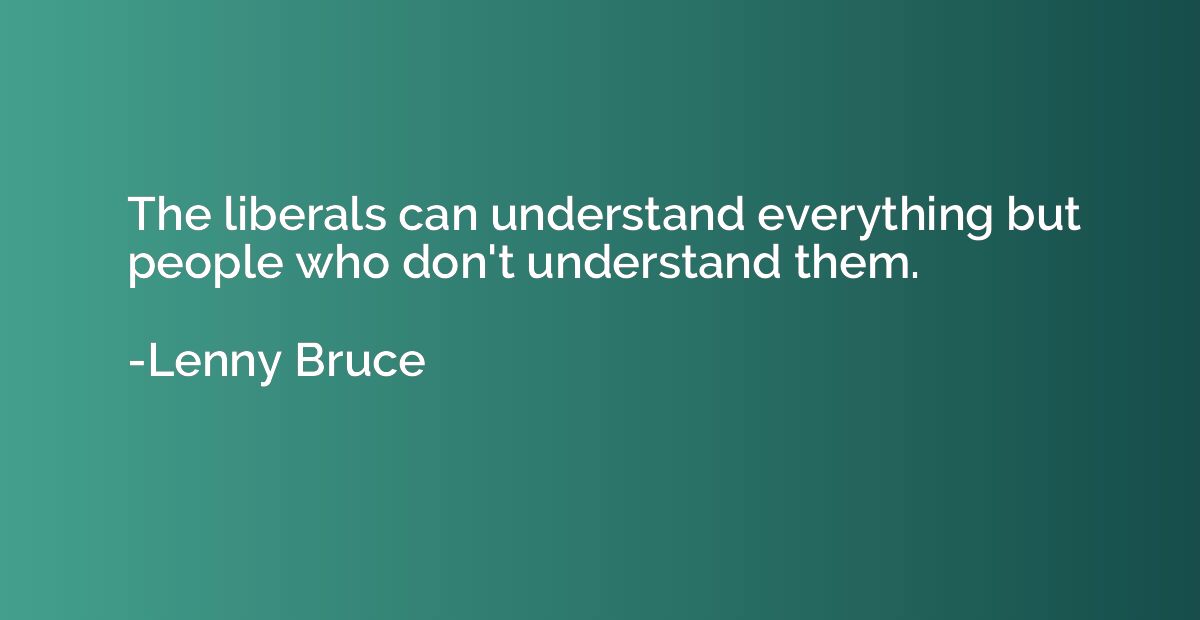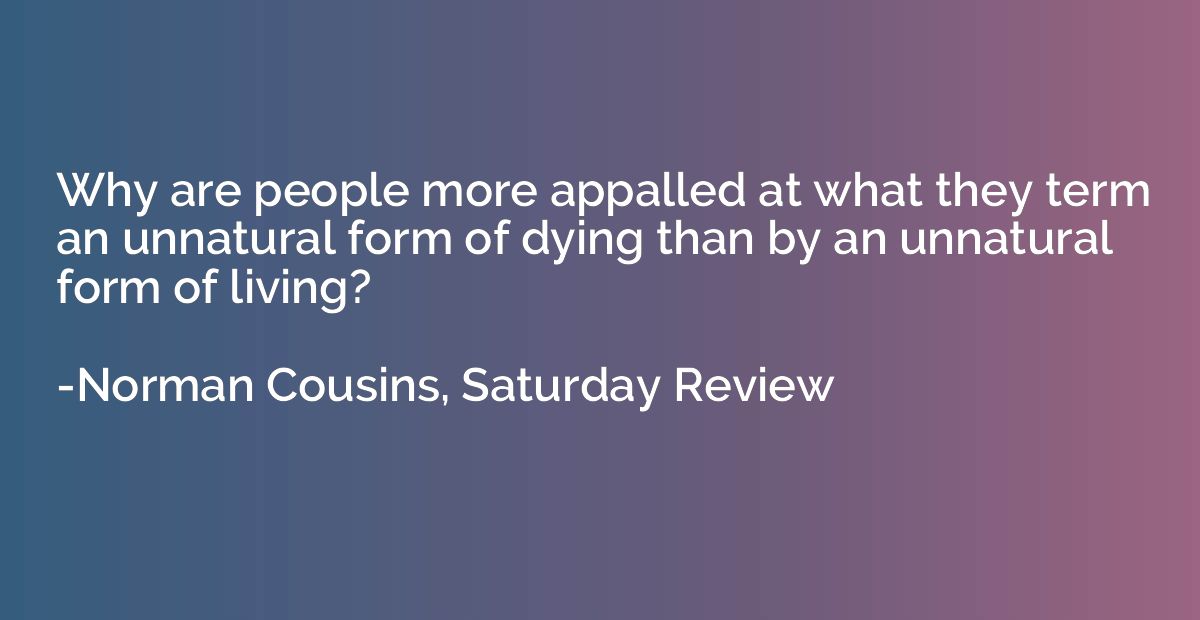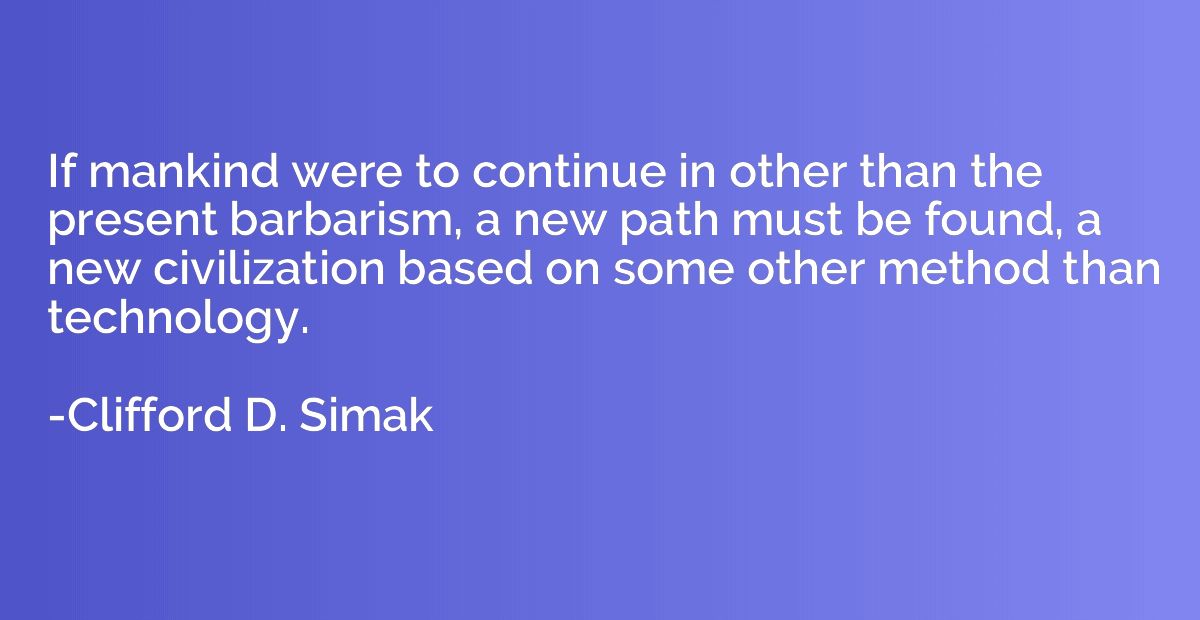Quote by Timothy Ferriss
To enjoy life, you don't need fancy nonsense, but you do need to control your time and realize that most things just aren't as serious as you make them out to be.
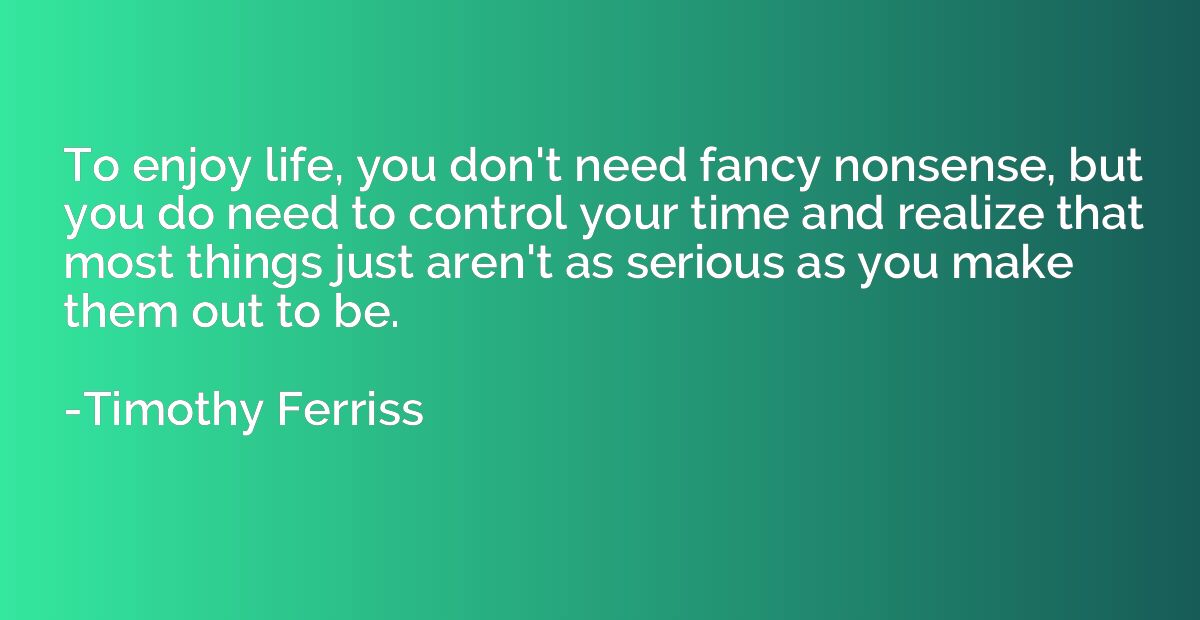
Summary
This quote emphasizes that finding joy in life does not require extravagant or unnecessary things. Instead, it suggests that the key lies in managing one's time effectively and adopting a perspective that recognizes the true level of seriousness in most situations. By prioritizing time management and avoiding over-exaggeration, one can find greater contentment and enjoyment in life. It encourages simplicity and a shift in perspective as valuable tools for a happier existence.



